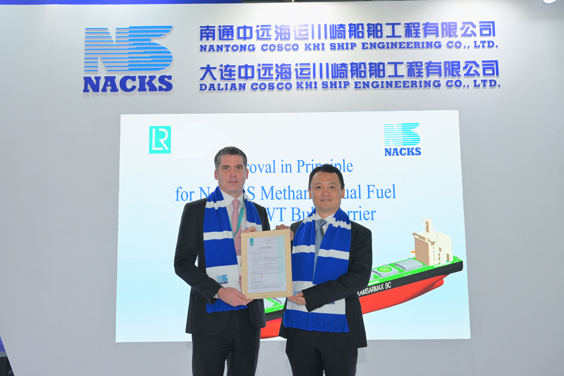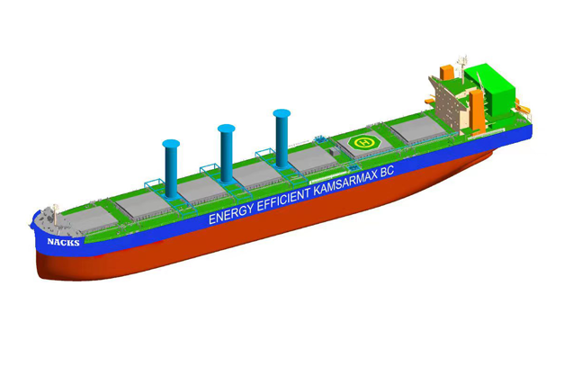In this report in the Retrofit Research Programme we focus on wind-assisted propulsion.
In the evolving maritime industry, energy efficiency has transitioned from a competitive edge to a critical necessity due to rising fuel costs and the push for decarbonisation. Operators are now leveraging a variety of energy efficiency technologies (EETs) to achieve incremental savings and to ensure compliance with stringent emissions, fuel consumption, and energy intensity regulations.
The adoption of these technologies is hindered by their varying stages of readiness and the industry’s unfamiliarity with them. The lack of standardised methods for verifying savings and understanding operational constraints, such as vessel speed and cargo capacity, further complicates their uptake.
The report is a step towards addressing these challenges for existing ships, focusing on wind-assisted propulsion systems (WAPS). It provides an analysis of the current deployment, technology readiness, and potential hurdles for future adoption. This includes considerations of supply, installation capacity, safety, and regulatory frameworks.
Following on from the initial Engine Retrofit Report and the Fuel for thought® series, this report offers a comprehensive view of the complexities involved in retrofitting vessels for operation in the decarbonisation era, paving the way for a more sustainable maritime future.















